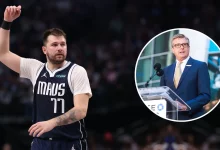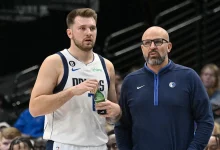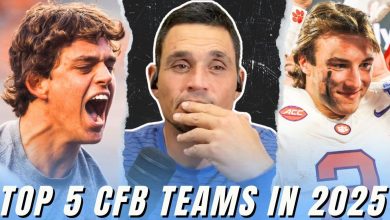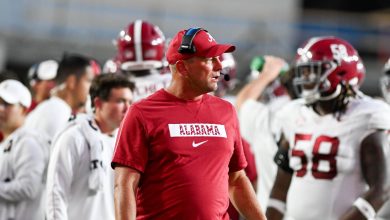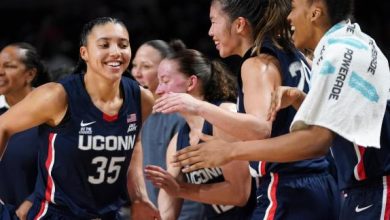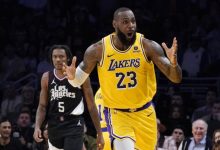Do the Oklahoma Sooners have the correct components in their recipe for success?
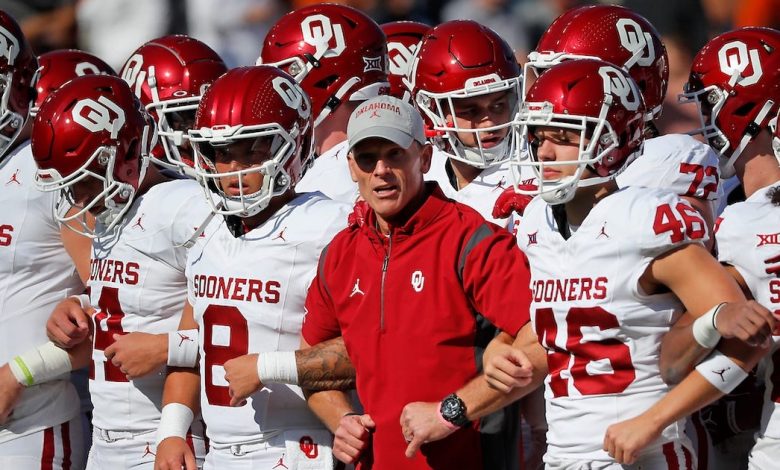
Do the Oklahoma Sooners Have the Correct Components in Their Recipe for Success?
The Oklahoma Sooners football program has a rich history of success, with numerous championships, Heisman Trophy winners, and a longstanding tradition of high-level performance in college football. As one of the premier programs in the nation, the Sooners are expected to compete for national championships year in and year out. But do they currently have the right combination of components to return to the pinnacle of college football?
In assessing whether the Sooners have the correct components in their recipe for success, it’s important to examine several factors: recruiting, coaching, talent development, offensive and defensive schemes, and overall program culture. These elements must align to foster sustained success and the ability to compete at the highest level, including in the College Football Playoff (CFP).
1. Recruiting: The Foundation of Success
Recruiting is one of the most critical components for any successful college football program. Oklahoma has traditionally been one of the top recruiting programs in the nation, consistently landing top-tier talent from both in-state and across the country. Head coach Brent Venables, who returned to Oklahoma in 2022 after a successful tenure as Clemson’s defensive coordinator, has placed a heavy emphasis on recruiting.
Under Venables, Oklahoma has continued to recruit well, particularly in key areas such as offensive and defensive line play, which is foundational for success at the highest levels. While Oklahoma has been known for its explosive offenses, with quarterbacks like Baker Mayfield, Kyler Murray, and Jalen Hurts leading the way in recent years, the program has also made strides in improving its defense.
Recruiting success, however, isn’t just about landing top high school talent—it’s also about cultivating relationships with elite prospects, effectively evaluating talent, and identifying the right fits for the program’s culture and system. Oklahoma’s recruiting staff, led by Venables and his assistants, has made significant inroads in these areas, both through traditional recruitment channels and through the transfer portal.
In recent years, Oklahoma has added several high-profile transfers, which has bolstered its roster. These players have been key in addressing immediate needs and helping the program fill gaps left by departures, injuries, or underperformance. Venables’ ability to use both high school and transfer talent to fill the roster is an important factor in ensuring the Sooners stay competitive in the ever-evolving landscape of college football recruiting.
2. Coaching: Leadership and Strategy
The importance of coaching cannot be overstated. A successful program needs not only a talented roster but also a coaching staff capable of developing players, implementing effective strategies, and making in-game adjustments. The Oklahoma Sooners are fortunate to have a wealth of coaching talent, including head coach Brent Venables, who is known for his expertise on the defensive side of the ball.
Venables has a track record of success, particularly as a defensive coordinator. Under his leadership, Clemson’s defense was one of the most feared units in college football, and he has brought that same mentality to Oklahoma. One of Venables’ major tasks upon taking over as head coach was to overhaul Oklahoma’s defense, which had been a weak spot under former head coach Lincoln Riley. Venables’ ability to recruit and develop defensive talent is already showing dividends, and while the defense has not yet reached the elite levels of some of the top programs in the country, it is steadily improving.
Offensively, the Sooners have consistently been one of the most potent teams in the country, but the challenges of the Big 12 Conference and, more importantly, the national landscape of college football, require constant evolution. Under Riley, the Sooners were known for their high-powered passing attack and the development of elite quarterbacks. Venables’ challenge is to continue to maintain that offensive success while balancing it with a revamped and more aggressive defensive approach.
The coaching staff at Oklahoma is loaded with talent and experience, with coordinators and position coaches who have been successful at other programs. Venables has made a concerted effort to bring in experienced staff members who complement his vision for the program. This collaborative and multi-faceted coaching approach is key to Oklahoma’s overall success.
3. Talent Development: Maximizing Potential
Recruiting and coaching go hand in hand, but talent development is the bridge between the two. Oklahoma has had its fair share of star players over the years, but developing those players into well-rounded, NFL-ready prospects is just as important. The Sooners have been able to develop top-tier quarterbacks, running backs, and wide receivers, but their defense has historically lagged behind.
With Venables in charge, the Sooners are showing signs of progress in developing talent on both sides of the ball, especially defensively. Venables has an established history of developing elite defensive players at Clemson, and his emphasis on player development is already paying off in Norman. Oklahoma’s defensive line, linebackers, and secondary have shown improvement, and the focus on fundamentals and high-intensity practice is beginning to show in game situations.
Offensive development remains strong, particularly with the recent success of quarterbacks like Caleb Williams (who transferred to USC) and Spencer Rattler (who transferred to South Carolina). Oklahoma’s ability to groom quarterbacks into Heisman candidates and potential first-round NFL picks speaks to the strength of its development programs. However, one of the keys to sustaining success will be ensuring that the next generation of quarterbacks, as well as players at other positions, continue to grow under Venables’ guidance.
4. Offensive and Defensive Schemes: Balancing Firepower and Control
One of the defining characteristics of the Oklahoma Sooners has been their offensive prowess. The program has historically thrived on high-scoring offenses led by elite quarterbacks. Oklahoma’s offensive system, which has been built around a fast-paced, pass-heavy attack, has yielded numerous Heisman Trophy winners and prolific offenses. With the likes of Baker Mayfield, Kyler Murray, and Jalen Hurts under center, the Sooners were known for scoring quickly and often, putting pressure on opposing defenses.
However, as college football evolves and programs like Georgia, Alabama, and Ohio State dominate with physical, balanced approaches, Oklahoma faces the challenge of evolving its offense while balancing it with defensive improvement. In his first season as head coach, Venables worked on blending the explosive offensive capabilities with a defense that could slow down high-powered offenses in the Big 12 and against national championship contenders.
Defensively, Venables has returned to his roots of aggressive, hard-nosed football. Oklahoma’s defense was an area of concern under Riley, often giving up big plays in key moments. Venables has worked to change that mindset by implementing a more complex and physical defensive scheme. The Sooners’ defense now plays with greater discipline, and they are more capable of handling the dynamic offenses that are common in today’s college football environment.
One area where Oklahoma has shown progress under Venables is its ability to generate pressure with the defensive line. Venables’ defense is predicated on generating pressure through both the pass rush and strong play in the secondary, and the Sooners have begun to show signs of improvement in both areas.
5. Program Culture: The Backbone of Success
A program’s culture is perhaps the most intangible yet important factor in determining its sustained success. Oklahoma has a winning tradition and a culture of excellence that spans decades. From Barry Switzer’s dominance in the 1970s and 1980s to Bob Stoops’ success in the 2000s, the Sooners have consistently recruited and developed elite talent. That culture of excellence permeates the locker room, the fanbase, and the expectations for every player who comes through the program.
Venables, with his experience at both Oklahoma and Clemson, understands the importance of fostering a winning culture. His leadership style emphasizes toughness, discipline, and resilience—traits that are necessary for a program to compete at the highest level. Venables has made it clear that he wants to build a program that is tough, both physically and mentally, and one that plays with passion and pride.
Venables’ ability to instill these values will be critical in the long term. The culture at Oklahoma is already strong, but maintaining and evolving it under Venables’ leadership will determine whether the Sooners can recapture the national championship success they enjoyed in the past.

